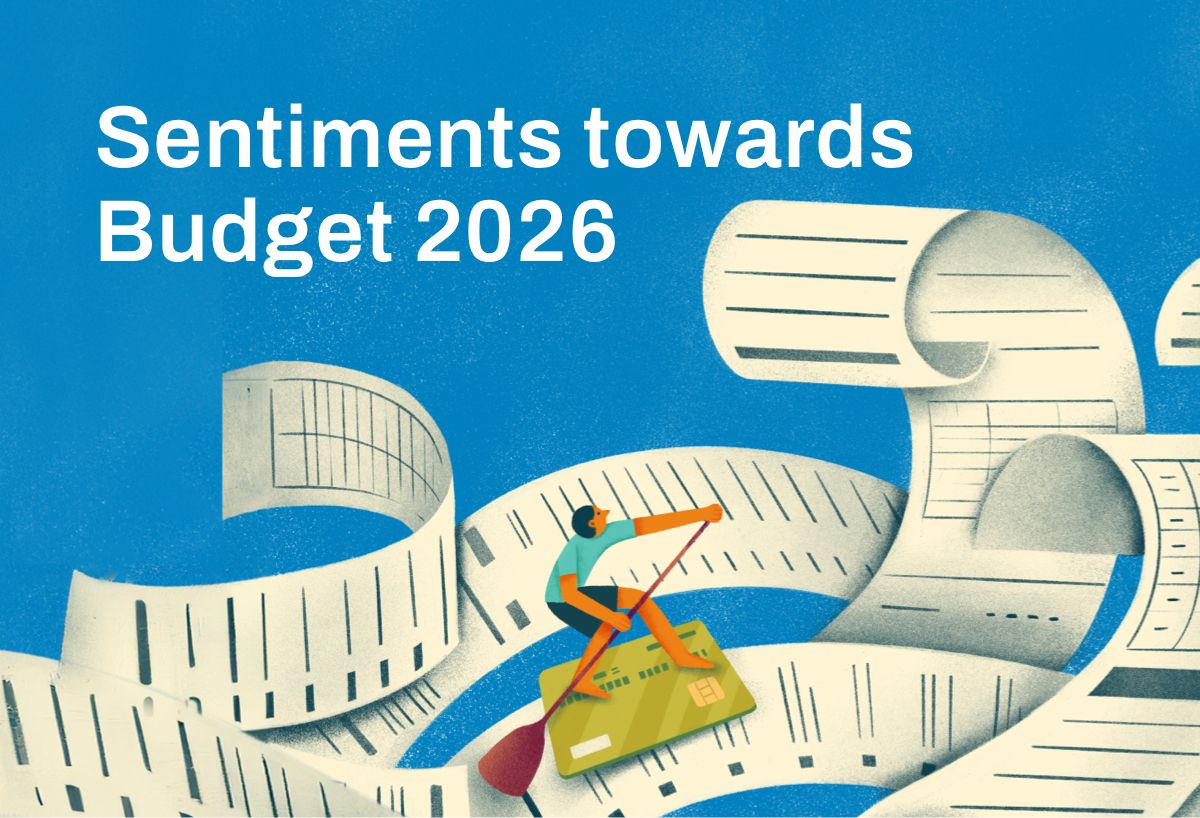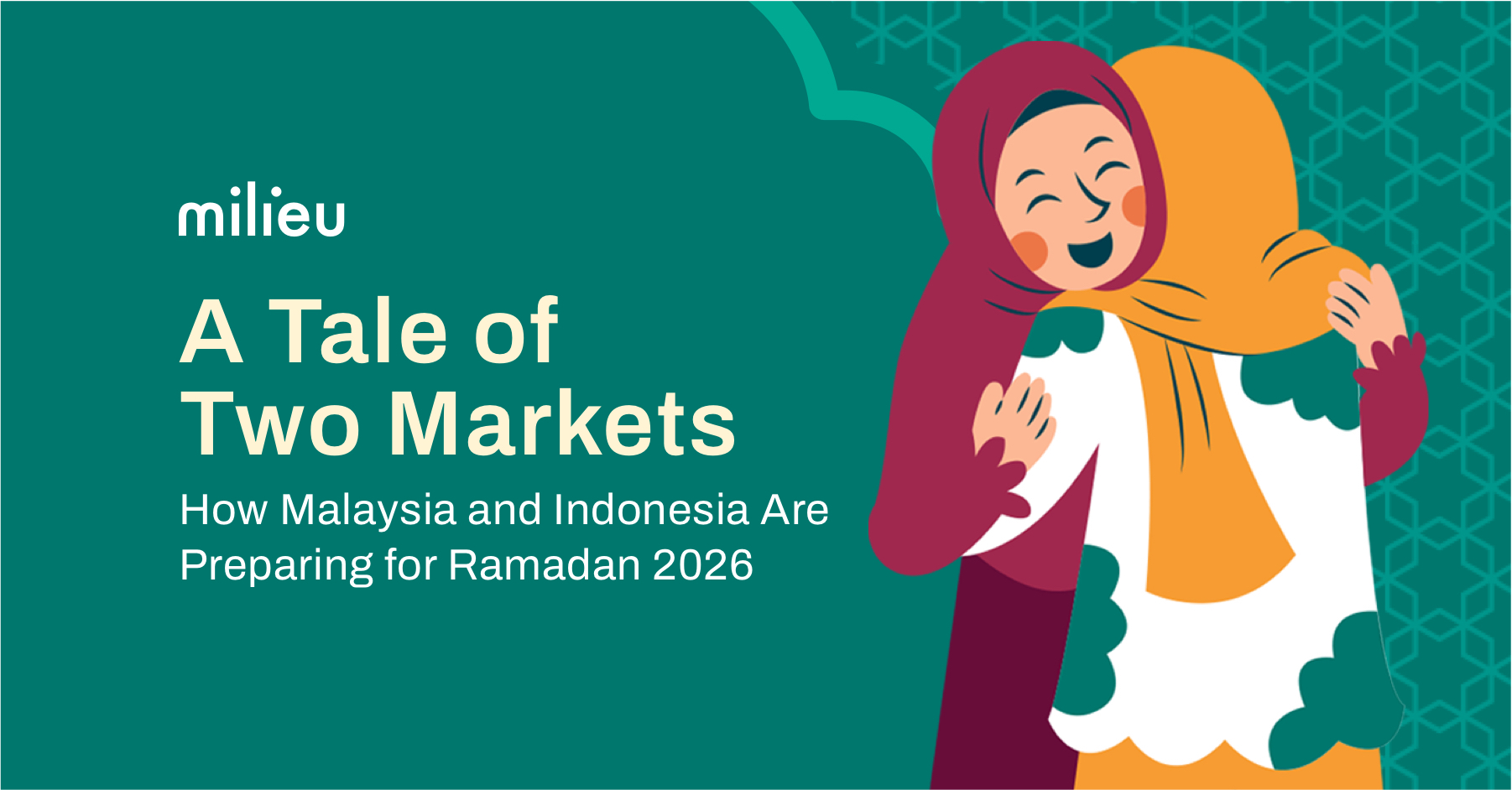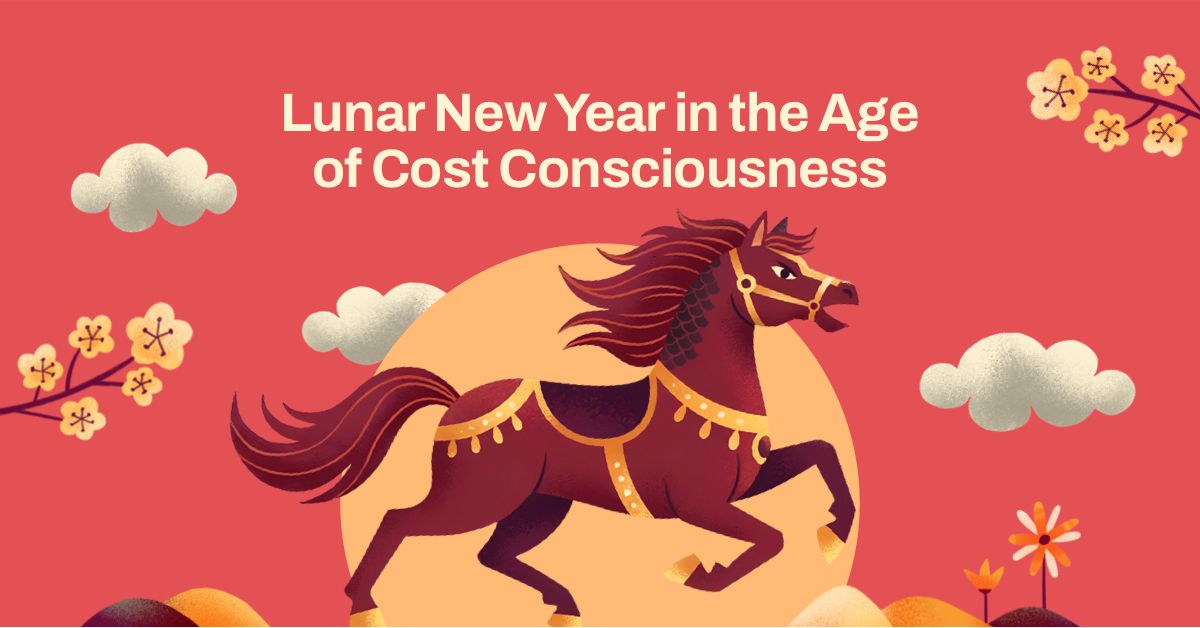Unfair expectations affect both Singaporean men and women

There are many ways we can look at gender equality (or the lack thereof). From an economic point of view, we see how work done by women in Singapore is generally valued lesser than that of men. From a political point of view, there are calls for more female representation in Singapore’ cabinet. In this article, I take on a bottom-up - rather than top-bottom - approach to studying gender equality in Singapore. What are the lived experiences of men and women in Singapore? How do they feel about societal expectations that are based on their gender?
Every society comes with its set of gender norms - a patriarchal one usually means more status and power conferred to men, while women’s role is usually secondary to the former. However, male or female, our gender identities are very much tied to fulfilling society’s expectations and responsibilities.
Gender performance takes place in our daily lives, it is which we carry out duties that appear to be “natural” to us simply because of our genders. For instance, many women, as opposed to their male spouses, are first to put their careers on hold during times when caregiving is needed at home. Meanwhile for men, putting up a strong front (physically and emotionally) displays masculinity, and showing vulnerability somehow makes them lesser beings. In other words, gender expectations can be extremely stressful to us, yet we sometimes don’t give much thought to them.

In Singapore, what do men and women feel about gender expectations? 77% and 84% of men and women respectively feel that there are unfair expectations placed on their gender in society - that’s an extremely significant majority. We can’t talk about gender equality if we insist on the disadvantaged positions of women, while ignoring the flip side of the coin, i.e how men are subjected to societal pressures as well.

It’s easy to fall into an endless debate about how the opposite gender has it easier, whilst ignoring the elephant in the room that gender expectations apply to all. 50% of males and 59% of females think that the opposite gender has it easier, and 9% isn’t very big a difference. Additionally, if we were to look at the unique lives of every single Singaporean and compare them, we can probably never arrive at an answer whether one particular gender really has it easier, because discrimination is only quantifiable to a limited extent.
So why take the bottom-up approach? Why not discuss the big stuff like wage gap, media representations and violent crimes? These are undeniably important and very real issues happening around the world. However, let’s go back to the 77% and 84% of men and women who feel that there are unfair expectations of their gender. Experiences, no matter how insignificant they seem, do impact individuals’ lives. Can we, or should we ignore their experiences?
Hence, I come back to my main point - equality is tricky. It could be a rabbit hole that you go down, only to realise at the end that the fundamental philosophy of equality is in itself, an unresolved argument. So why not recognise that each gender faces their own pressures and struggles to meet expectations, and start from there?

When asked for what they feel are expected of themselves as males or females respectively, expectations that are largely part of the ‘public sphere’ - career and finances - skew towards males, while female expectations tend towards the ‘private sphere’ consisting of care work.
80% of males, compared to 32% of females feel the pressure to be successful in their careers (I suspect the definition of success to be largely financially motivated - how exciting). Meanwhile, 71% of females feel that they ought to prioritise their family over their career, compared to 44% of males. Imagine that, sacrificing a whole decade of hard work in your career for someone else - doesn’t feel quite right.
I can’t really decide if this is surprising - patriarchy has always been entrenched in familial arrangements in Singapore, where males are traditionally the primary breadwinner and females the primary caregiver. In 2020, this arrangement still seems to be the norm for many despite higher female education levels and labour participation.
Some may argue that a gendered division of labour within the family is necessary to keep things going. However, when this arrangement becomes a norm that pressures us rather than make our lives easier, perhaps it’s worth taking a step back to question what we’ve always assumed to be normal and therefore, okay. Keep in mind that as social beings, we impose gender expectations of society on our very selves. By unquestioningly carrying out the day to day things simply because it’s “normal”, we are reinforcing gender expectations and inequality. Yes, we’re all part of the bigger problem.
The purpose of this article is not to be a denier of female disadvantages in society, but to highlight the reality of all individuals’ - both men and women’s - lives. If we take a careful look at the expectations that we have internalised, we come to realise how gender is such an important lens through which we understand ourselves and others. Maybe I’m growing out of trendy Internet challenges, but the real cool challenge? Try challenging your gender assumptions.
Milieu Insight is one of the leading survey software and panel research companies in Singapore, empowering businesses to succeed in a data-focused world.






